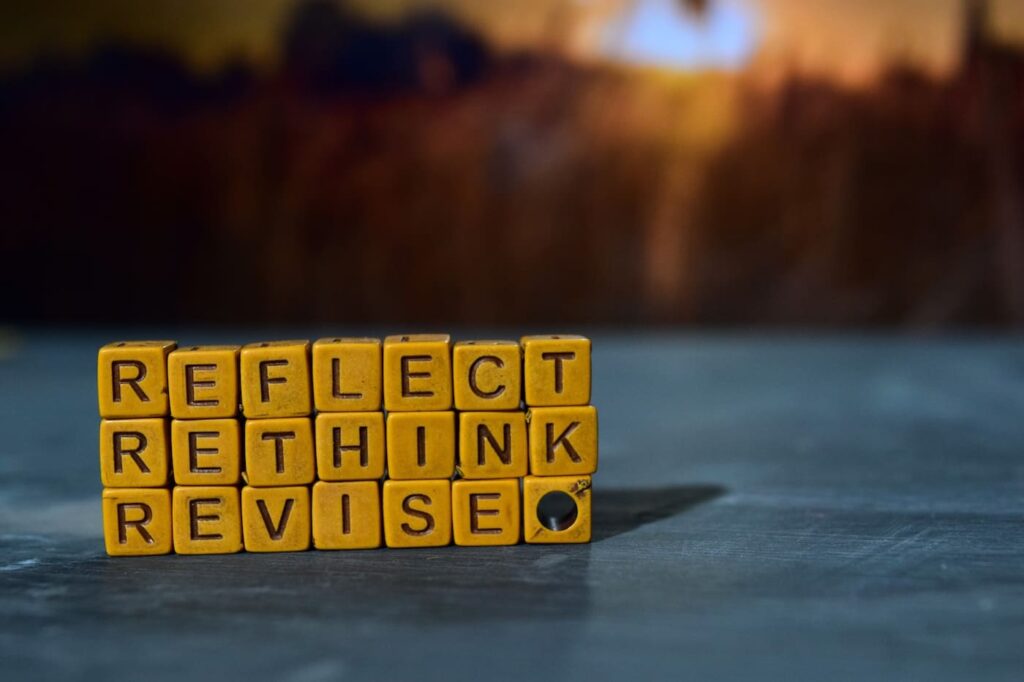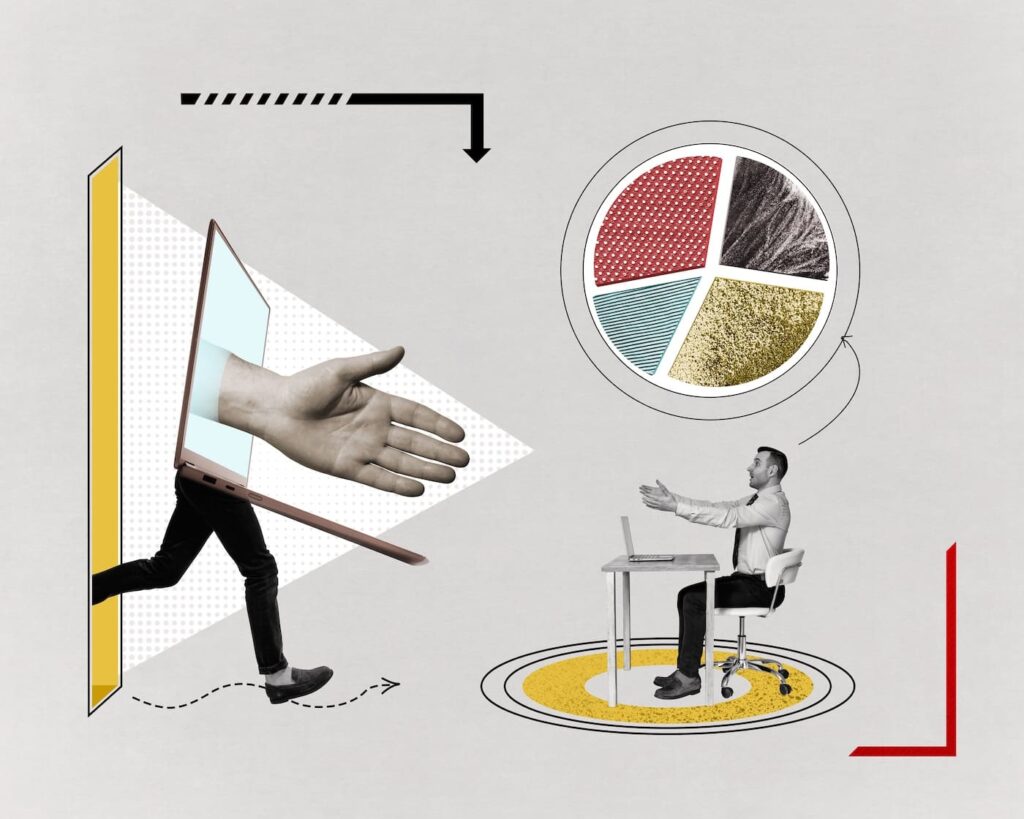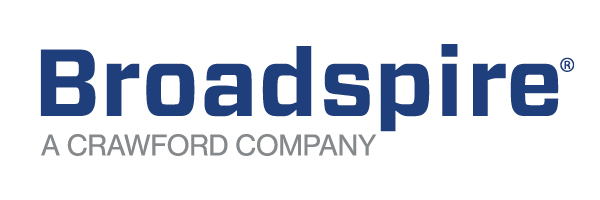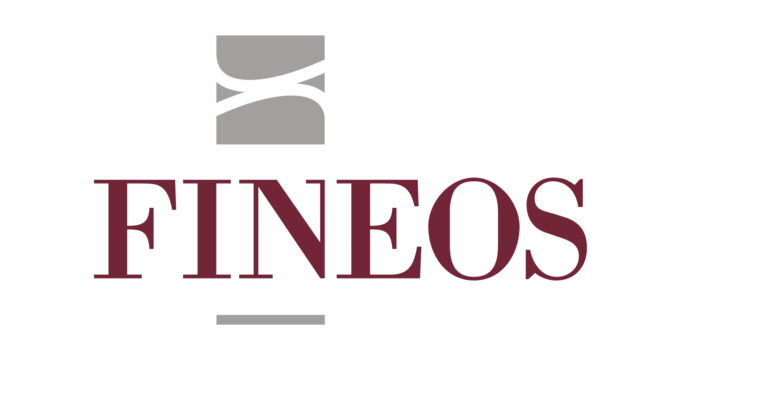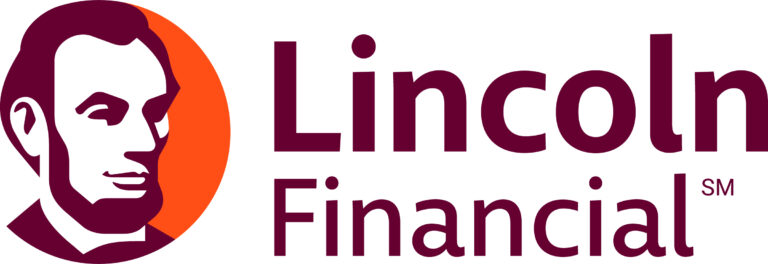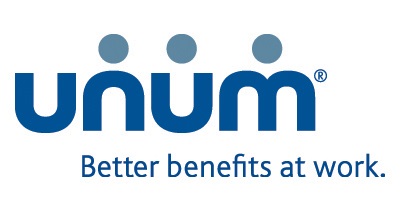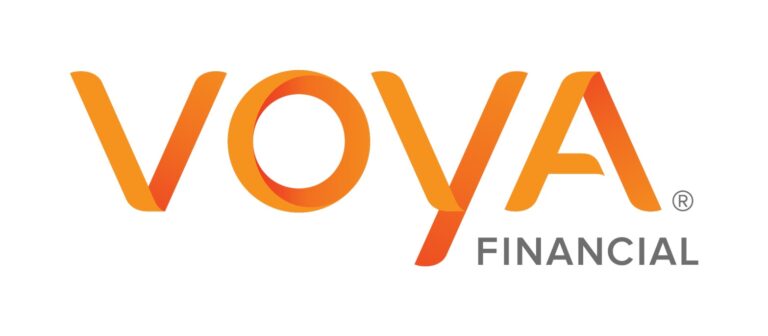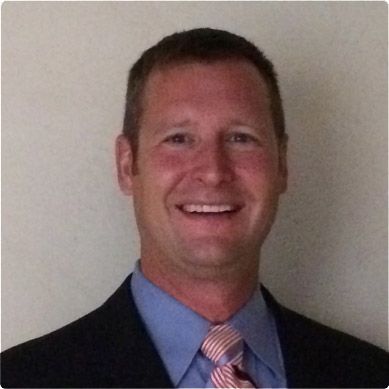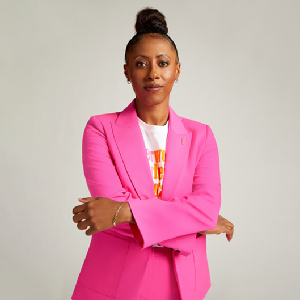
Redefining the Term Expert and Creating Workspaces Where People Can be Authentic
This Q&A includes summaries and excerpts from DMEC’s podcast with Jamira Burley, keynote speaker for the 2023 DMEC FMLA/ADA Employer Compliance Conference, March 27-30, in Orlando.
An award-winning activist and social impact adviser, Burley has worked in more than 30 countries and shares insights on how employers can encourage employees to be authentic, respect lived experience in the workplace, and engage with all generations.
Listen to the Encourage Employees to be “Fearlessly Authentic” podcast episode to hear about Burley’s personal journey and the creation of IAMHERETO, an organization that helps individuals turn painful experiences into power and breakdowns into breakthroughs.
DMEC:
How do you start down the path of being the expert of your own experience and how can managers and employers create supportive environments for that type of work?
Jamira Burley:
It’s oftentimes told to us that we can’t consider ourselves to be experts if we don’t work somewhere or have certain degrees or accolades, but really our expertise lies in the things we’ve learned along the way and how we’ve been able to really use those skills and that knowledge to inform the work we do to better the world in which we live and work in. And when I think about the role that managers play is really homing in on everyone’s unique experience and being able to create space for people to be their authentic selves, to show up as their whole self without leaving parts of themselves behind in order to accommodate or to make people feel more comfortable with the uncomfortable. And I think that enables people to really explore the depths of themselves that they’ve hidden away from society and from other people to be able to help inform a more prosperous world, but also one that is rooted in differences. We’re all different in small and large ways and how can we use those differences as a way to inform us how we should be showing up for ourselves and for other people.
I also think it’s easy for us to villainize people who don’t show up as their full self, who oftentimes feel the need to code switch or to be a public version of who they are internally. And I think it’s oftentimes rooted in the fact that we’ve all been taught that we’re not welcomed as our whole self; that in order for us to show up in the corporate world or in the activist space, we have to bring parts of ourselves that are not going to make people uncomfortable and that are not going to make people question what they’ve been told, oftentimes by loved ones and by institutions that they’ve trusted their entire lives. I think it’s a great opportunity for us to sit with the fact that uncomfortable conversations lead to innovation.
DMEC:
Do you have suggestions for how managers and employers can demonstrate that they not only encourage but support authenticity in the workplace?
Jamira Burley:
There’s no silver bullet to any of this. It requires intentionality and active participation throughout the process, and no company is going to get it right overnight. What’s really important is trying to lead with trust and trying to lead slowly. You don’t have to get there quickly in order to accomplish what you need to accomplish. Employers that are trying to do something like this, consider and communicate these three things:
- Based on the feedback you’ve received, what are you agreeing to do?
- What does the company have the ability to do?
- What is your timeline to ensure accountability and who is responsible?
You also need to identify opportunities for shared leadership, and as you work with employees, ensure there’s compensation for their extra work, and a celebration for it. “These folks are putting in extra work to ensure that your workspace, your company is doing well, and they should feel welcome, and feel heard.”
Transparency throughout the process is essential. “If you’re messing up or you don’t have it all together, tell people that. I never want my boss to lie to me. I would rather they’d be like, ‘We’re trying to get this done. We can’t because of this, and we’re working through it. We’re trying to push through it this way, and this is our plan B. If we’re not able to accomplish [it’s ok] because then people feel like they have their back, and they feel [you are] just as committed to the work as they are.’”



